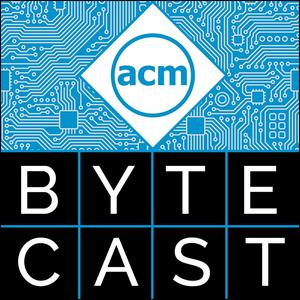In this episode of ACM ByteCast, Rashmi Mohan hosts 2024 ACM A.M. Turing Award laureates Andrew Barto and Richard Sutton. They received the Turing Award for developing the conceptual and algorithmic foundations of reinforcement learning, a computational framework that underpins modern AI systems such as AlphaGo and ChatGPT. Barto is Professor Emeritus in the Department of Information and Computer Sciences at the University of Massachusetts, Amherst. His honors include the UMass Neurosciences Lifetime Achievement Award, the IJCAI Award for Research Excellence, and the IEEE Neural Network Society Pioneer Award. He is a Fellow of IEEE and AAAS. Sutton is a Professor in Computing Science at the University of Alberta, a Research Scientist at Keen Technologies (an artificial general intelligence company) and Chief Scientific Advisor of the Alberta Machine Intelligence Institute (Amii). In the past he was a Distinguished Research Scientist at Deep Mind and served as a Principal Technical Staff Member in the AI Department at the AT&T Shannon Laboratory. His honors include the IJCAI Research Excellence Award, a Lifetime Achievement Award from the Canadian Artificial Intelligence Association, and an Outstanding Achievement in Research Award from the University of Massachusetts at Amherst. Sutton is a Fellow of the Royal Society of London, AAAI, and the Royal Society of Canada.
In the interview, Andrew and Richard reflect on their long collaboration together and the personal and intellectual paths that led both researchers into CS and reinforcement learning (RL), a field that was once largely neglected. They touch on interdisciplinary explorations across psychology (animal learning), control theory, operations research, cybernetics, and how these inspired their computational models. They also explain some of their key contributions to RL, such as temporal difference (TD) learning and how their ideas were validated biologically with observations of dopamine neurons. Barto and Sutton trace their early research to later systems such as TD-Gammon, Q-learning, and AlphaGo and consider the broader relationship between humans and reinforcement learning-based AI, and how theoretical explorations have evolved into impactful applications in games, robotics, and beyond.


